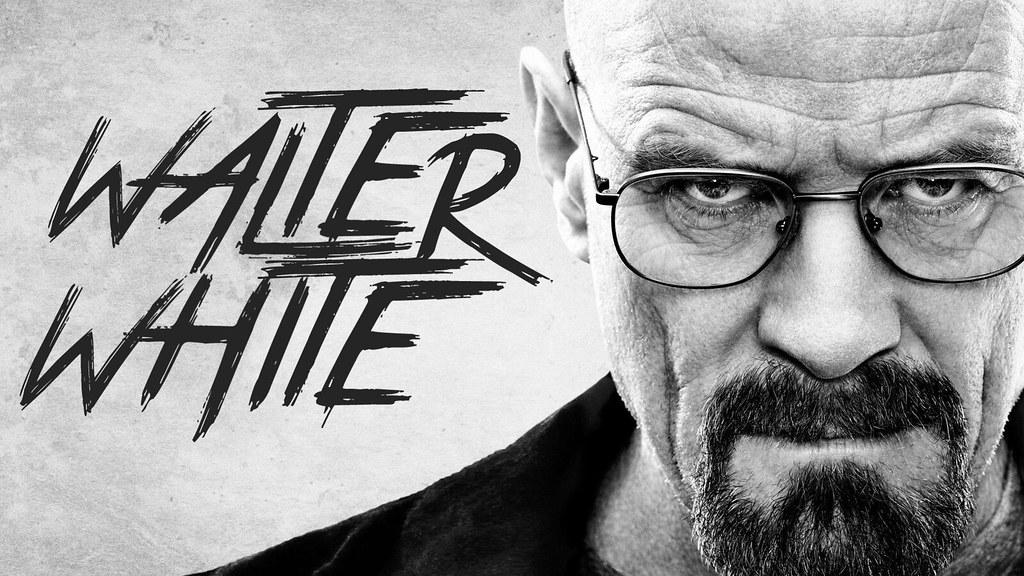The anti-hero is a very popular trope in fiction. Oftentimes the character who is a bit of a rogue, plays by his or her own rules, and isn’t the most moral person becomes the most popular. Since the anti-hero is not bound by conventional morality, there can be more layers to their qualities compared to the traditional protagonist. The hero of a story is usually a role model; someone whose qualities of bravery, kindness and determination are admirable. In fiction the hero will either have those attributes from the start or develop them by the climax. Frankly, that can get boring. It’s exciting to see Iron Man not care and kick butt, while it’s boring to see Superman save a cat from a tree time and time again. However, the appeal of the anti-hero goes much further than that.
Two of the most popular examples of the anti-hero, Shrek and Walter White, bear some similarities that can help define what makes the anti-hero connect with audiences. Shrek, was the main character in the classic 2001 Dreamworks movie “Shrek.” While Walter White was the main character of the hit AMC drama “Breaking Bad.” Both characters, when looked at together, represent everything that makes the anti-hero connect with people. On one hand, Shrek starts off as a vicious monster who only cares for himself and wishes to be left in isolation, however by the end of the film Shrek learns to let other people into his life and by the fourth film in the series becomes a family man. On the other hand, Walter White starts off as a loving father and husband only to become a monster. Although the two have seemingly opposing character arcs, they are really two different sides of the same coin.
Shrek represents the anti-hero that grows to become a better person. When the story is given the freedom to make the main character start off as a bad person, or in this case ogre, it makes it all the more satisfying when the character change happens. Because Shrek isn’t motivated by an altruistic sense of right and wrong, there’s relatability to him. Most people aren’t Captain America, they won’t put themselves on the front lines to save the world. When Shrek learns that maybe his swamp does have room for friends, it appeals to the idea that anyone can be better.
Walter White is the opposite of Shrek in every way. Shrek embarks on a noble quest for selfish reasons, only to become a better person by the end. Walter White begins a life of crime for noble reasons, only to be consumed by his greed and pride. Walter White represents is a fall from grace. It’s inherently interesting watching a good person turn bad, but to relate to their experiences all the same. When situations force Walter to do immoral things, it forces the audience to question if they would do the same. While Shrek learned to value friendship and family, Walter casts these values away. If Shrek represents the hope that anyone can be better, Walter White is the fear that anyone could be worse. By the end of “Breaking Bad,” Walter is where Shrek started. He’s completely alone, the king of an empire of one person. The dark twist is that while Shrek thought he liked being alone, Walter having known what it was like to be loved, is miserable in his isolation. It’s almost as if Vince Gilligan, the creator of “Breaking Bad,” set out to make Walter White a perfect juxtaposition to Shrek, a mirrored, non-superimposable image.
The reason the anti-hero is so interesting is because having a main character who doesn’t squarely fit into the categories of good or evil makes for an inherently more engaging and nuanced story. Fundamentally, the anti-hero appeals to us because it is us.


























